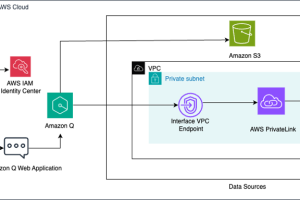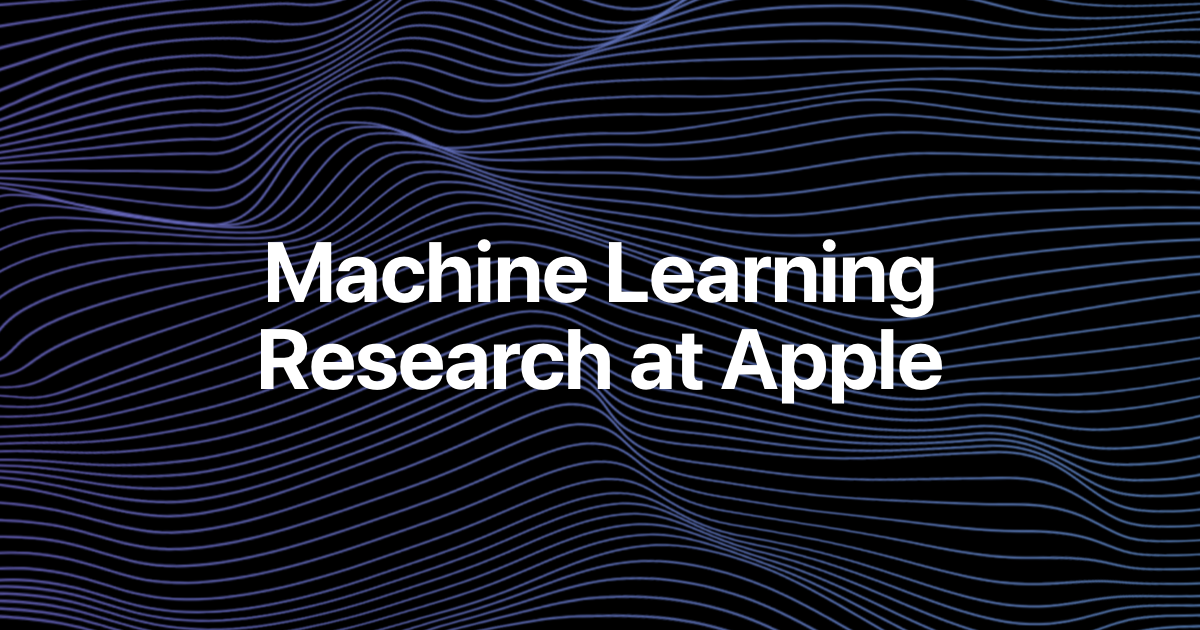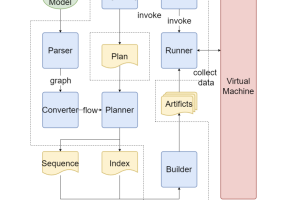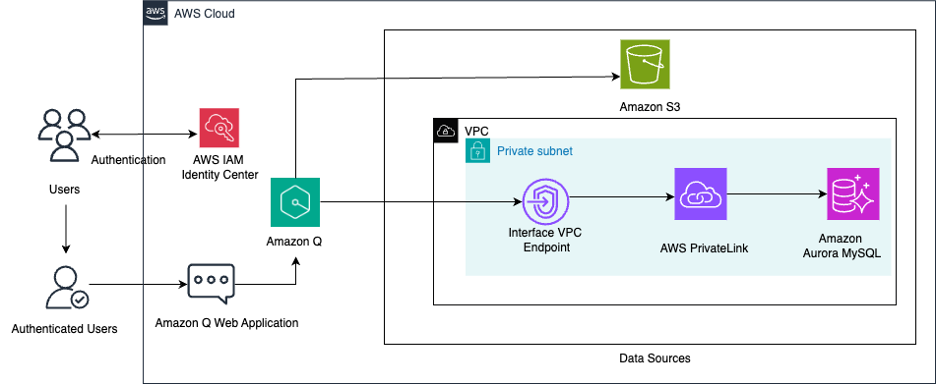Artificial Intelligence and machine learning technologies are revolutionizing various aspects of business and management, and ERP software is not an exclusion. In June 2024, at SAP Sapphire, a regular SAP event that unites a multitude of speakers and SAP experts, a significant part of the event was dedicated entirely to AI solutions. Since 2024, the company has shipped 50 AI innovations and plans to establish more AI tools and partnerships in the second half of 2024. The rapid implementation of artificial intelligence into work practices creates a demand for professionals who can wield the new technology making it to serve the benefit of their clients. An epitome of such professionalism can be found in the career of Michal Gembcik, a SAP solutions architect and BI consultant with over ten years of experience. He worked as a chief SAP solutions architect on several major projects in Slovakia, including ones for governmental structures. He states that the role of AI in Enterprise Resource Planning and Business Intelligence will grow in the next few years, and companies need to account for that to withstand competition.
Complex and Multifaceted Solutions
Throughout his career, Michal Gembcik worked on several projects implementing SAP systems and enhancing new ones. For instance, in 2017 he implemented the central consolidation system for the Slovak Ministry of Finance, and since 2016 took part in enhancing SAP systems at Slovak Treasury to upgrade the system and improve data processing. Moreover, he was part of the team that realized the biggest SAP project in Slovakia to date, namely, the implementation of the tax system for the Financial Administration of Slovakia. The system encompassed all aspects of tax collection, such as subject registration, tax calculation, and reporting, as well as interaction with external organizations.
“These projects are an impressive example of how complex and multifaceted SAP systems could be, “ notes Michal Gembcik. “Naturally, the introduction of AI tools can improve productivity both during the system implementation and its further usage.” He adds, however, that the cost of error can be extremely high in the systems of the scale, and this is why the innovative tools should be thoroughly checked and adapted to the specifics of a particular business. The current developments at SAP follow this route, introducing a wide range of AI tools but providing customers with the necessary level of transparency regarding their nature and the recommended scope of application.
It is worth noting that the current level of AI technology creates opportunities for integrating it into several aspects of SAP products, aimed at developers, experts, and end-point users. For instance, SAP plans to launch its own copilot AI called Joule, which is intended to offer real-time recommendations and analytics. By the end of 2024, AI is expected to become an integral part of several SAP products, helping to highlight relevant data, provide extensive reports, and predict risks and demands. “Definitely, I can see how the proliferation of AI can benefit various categories of customers,” comments Michal Gembcik from his experience of implementing SAP solutions for public and commercial clients in Slovakia.
New Challenges and Demands
However, rapid developments in the AI field create new demands for experts working in the area, requiring them to follow the path of continuous learning to keep up with the technology. “From the very beginning, constantly developing my knowledge and practical skills was one of the foundations of my success”, notes Michal Gembcik. “I am thrilled to see what opportunities new technologies will open to us moving forward.” Michal Gembcik studied finance, banking, and investment, acquiring a bachelor’s degree in the field, and then chose Engineering and Information Technologies for the master’s degree. Having a deep understanding of both finance and IT provided a solid base for his career, but he did not stop at that, continuously developing his theoretical and practical understanding of SAP products, acquiring 5 SAP certifications to this moment.
“Considering the fact that the majority of AI technology applications in ERP is focused on automating routine and repetitive tasks, some SAP experts will be required to rethink their work approach, focusing more on a deep understanding of the system they are working with and finding creative solutions,” adds Michal Gembcik. While AI-based tools can’t take over the repetitive tasks both during the implementation phase and further down the road, to employ them effectively one will be required to constantly work on improving their skill set.
In this context, Michal Gembcik finds it immensely important to contribute to the community and help others to develop and strengthen the necessary skills. Currently, he is working on preparing several scientific articles for publication, which encompass both theoretical and practical aspects of integrating SAP solutions. Moreover, as a chief SAP architect, he uses his position to create an environment that will help his subordinates grow and develop their professional skills.
Currently, Michal Gembcik is developing to grow his IT business in the US, providing customers with the most reliable and effective SAP solutions, and it is no doubt that his services will be met with high demand, as in the increasingly competitive environment efficient ERP solutions are the necessary part of sustainably developing the business.











